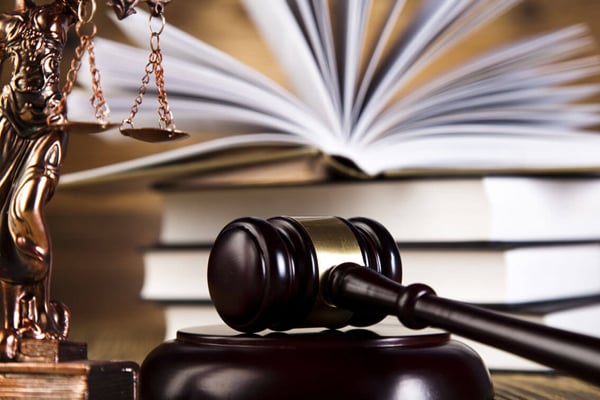Prime
Here’s how to help victims of Gender-based violence

Anna Thakkar
What you need to know:
Police stations have specialized Gender Desks and Child and Family Protection Officers to handle domestic violence.
InIt can be a very difficult situation to see someone you love suffer in an abusive relationship. As much as we wish to ‘rescue’ our friends and family members from these relationships, it is simply not our role or place to do that. The initiative to seek professional help, to report a case to the police or to end the relationship has to come from the person facing the abuse. However, there are steps that you can take to come alongside that person in order to break free from a toxic and dangerous cycle.
Firstly, keep in mind that the cycle of abuse is incredibly difficult to break. It is never as simple as just walking away or ending the relationship, especially if there are children involved and if the woman is economically dependent on the man. The trauma associated with the control and manipulation, as well as fear for her life and safety, can make it very difficult for a woman to seek help. A friend or neighbour who is in this situation needs all the support they can get. Secondly, consider doing the following:
Tell the person that you are concerned about them and mention specific times when the concern has manifested. In many cases, the person would deny that what you have witnesses is abuse, become defensive or not respond at all. Assure the person that you are available to help and support them regardless of the decisions they make in terms of staying in the relationship or leaving.
Keep in regular touch with them and make sure that they are safe. It is important to confirm that it is safe for them to be in touch with you. Keep checking each time that you reach out, as this may change. Be discrete in connecting with them when the abuser is present in the home so that they are not placed at risk of additional harm. Assume that the abuser can see, hear and or monitor communications, so find the best avenue to communicate with the person you are concerned about - send an SMS or message via email or social media, in a way that is safe for them. Avoid insisting on a specific solution or course of action that you think your loved one needs to take in order to end the abuse. It is not your decision to make and she should feel secure that your support will be there for her regardless of what she decides.
Offer practical help that could allow her to find breathing space or room to rethink her current situation and decisions. Offers to help with child care, groceries or airtime could make a big difference.
Support the person to look out for opportunities for work, capital and economic empowerment programmes for starting a small business – anything that you can do to help her gain economic independence.
Help your loved one or neighbour to prepare a safety plan. This can include packing important items in case of an emergency and selecting a ‘safe word’ which she can communicate with you if she is in trouble.
The following resources can also be of help in supporting your loved one:
Local area leaders, such as the LC I Chairperson or Defense Secretary. These leaders may intervene in a volatile situation or refer persons facing abuse to the police where there is need for criminal prosecution.
The police. Police stations have specialized Gender Desks and Child and Family Protection Officers to handle domestic violence. Police officers will document your case, do further investigations, provide counsel and create a safety plan if needed. They may also evacuate a person facing abuse from their home, arrest the perpetrator, mediate the case where appropriate and make referrals to hospitals and shelters as needed.
Legal aid service providers. These actors may help you to get a protection order against your abuser and do not charge for their legal services. FIDA-Uganda can be reached to support you.
Essential service providers. Different service providers can support your friend with temporary shelter, food and psychosocial support. UGANET is one such service provider. Download an app that can give your friend quick access to a variety of GBV support services in their area. Two recommended apps are SafePal and Centres4Her (C4H). These apps allow you to confidentially report GBV cases and get referrals to a variety of service providers for immediate response and assistance. The service referrals include health, legal redress and psycho-social support. If your friend is in immediate danger, call 999 to reach police or the police GBV toll free Helpline number 0800199195 for help.
Ms Anna Thakkar, in-house counsellor, FIDA Uganda




